SEEMS ENTIRELY ILLOGICAL... UNTIL YOU EXPERIENCE IT AS A DRIVER
At First, riding an electric scooter on the streets of China was like, taking your first bungee jump... then you realize its not so crazy afterall
| So I had just bought my first electric scooter in China. ⬅︎ It was the most "expensive" model I could get, because I needed the bigger battery and power to be able to carry my heavy weight around. It was about $650 (3880 yuan), and would go 30 mph and go about 50-60 kilometers. Then you could charge it back up over night. |
| So I just bought this and now I was sitting on it, and thinking "HERE WE GO" and no helmet, because nobody over there wears helmets. I felt nervous. I was not sure of what to expect. Would I get into an accident. I had driven motorcycles before in the USA, but this was different. This was the STREETS OF CHINA and I did not know what to expect. THE VIDEO OF THE RIDE (below)😅⬇︎⬇︎⬇︎ |
Actually, a LOT. Different cultures respond differently to traffic control. I rode a scooter for almost a YEAR in what most Americans would call chaos and crazy traffic with few rules, or few rules obeyed. But its no more dangerous to ride a scooter in the "chaos" traffic of China than it is to take a run down a ski resort and avoid all of the other skiers... don't run into them and look all directions and expect incoming at any time. As long as you are AWARE, you can be safe on the ski slopes where there is absolutely NO traffic control and no speed limit, etc. A free for all. China traffic is not that bad, but there are some rules bent and the riders of scooters are in a class all by themselves. You do not need a license to drive these. Anyone can do it, and the police do not give them tickets. In fact, it seems the only action that earns drivers tickets are the red light cameras which don't ask any questions. They are on all intersections with a signal Drivers of cars are expected to obey these lights. The scooter drivers, not so much. They can creep out and make a dash for it if they think they have a gap in traffic, and even sometimes they don't. The drivers of cars do NOT want to hit one of these scooter drivers because 1) its a hassle to wait for the cop to rule on who's fault it was, 2) cops usually rule in favor of the poor little scooter driver who's bike is now smashed.
SO the drivers of cars look out for these scooters and try to avoid the collision. They do not lay on the horn and threaten or intimidate. In fact, that's one thing I never did see was the potential for road rage. Traffic was crowded and some drivers did cut in line, make an abrupt lane change, but you don't see the retaliation. Just rolling with it. Same with peds on the sidewalk. This culture difference of the USA driver assuming a "right of way" and the China driver assuming no such thing, leads to an entirely different approach when driving. You hear horns in China sometimes, but they are mere warnings to help prevent an accident, not a ridiculous retaliation for a perceived slight by another driver. This culture difference on the road, in my opinion, actually moves more traffic along because there is no time wasted with a useless quarrel, I did not see the slamming of brakes when I rode in any taxi or company car, it just never happened by any driver on the road, no drivers going slow on purpose to teach another a "lesson" and no blocking or preventing a merge. Usually there is cooperation, and if they don't cooperate the merging driver merges anyway and the driver is obliged to yield. There is no purposeful accident. This is because they do not have a "no fault" insurance in China. The police come to the scene immediately, you have to wait, and they make a ruling. They will look at the dash cam footages if any, or hear both sides, and make a ruling. It can end any way so drivers just want to AVOID the accident. There is NO CHANCE they are going to be able to collect some ridiculous sum of money because they got a whiplash. No pot of gold. So there is this CULTURE to avoid the accident by all drivers and if there is an accident its just because of human error.
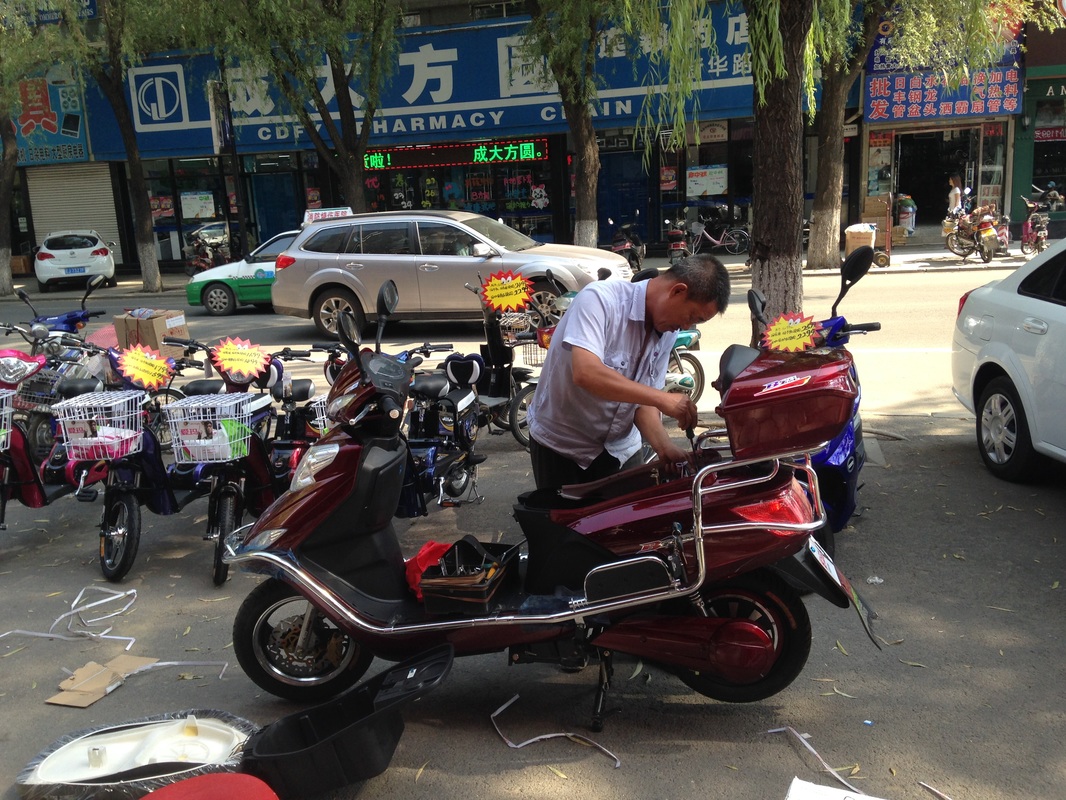
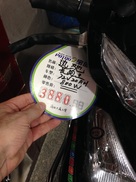

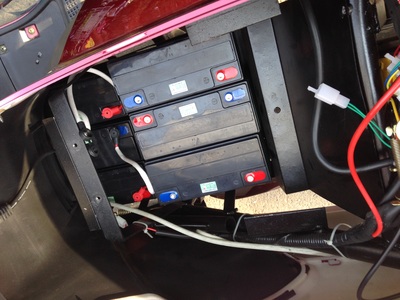
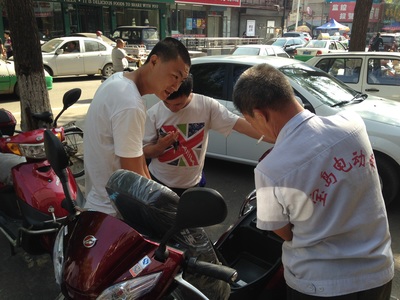
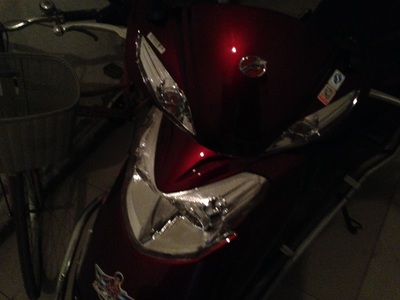
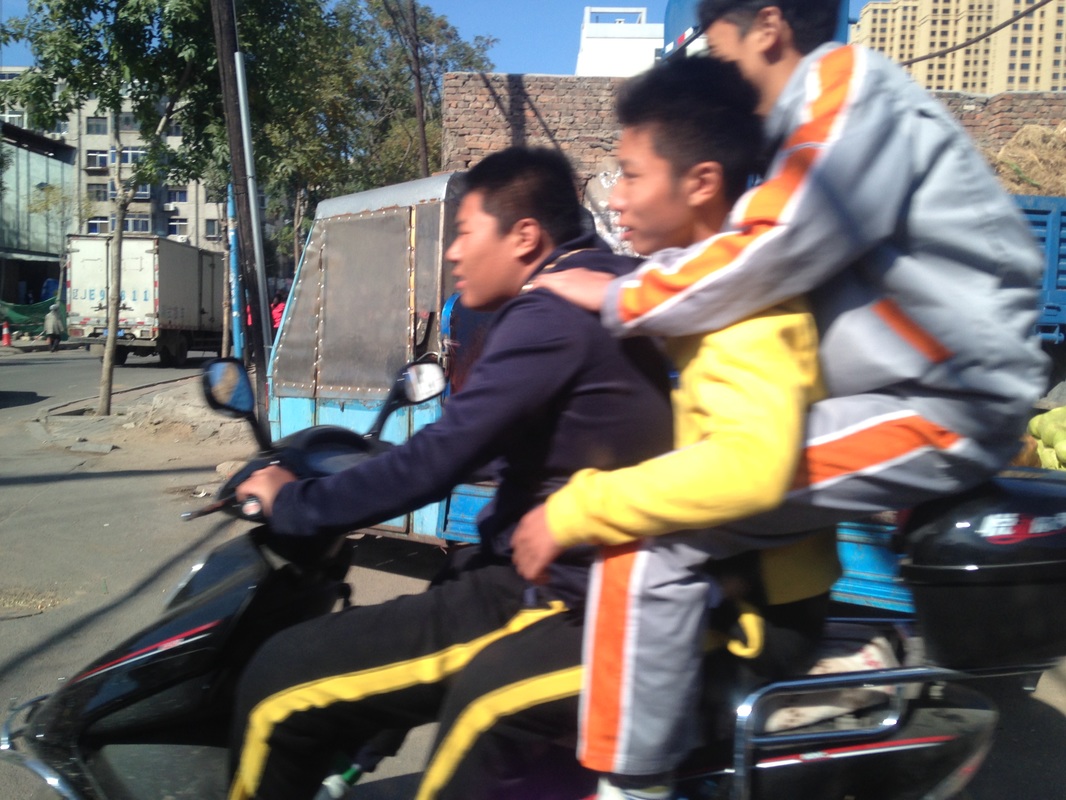
 RSS Feed
RSS Feed